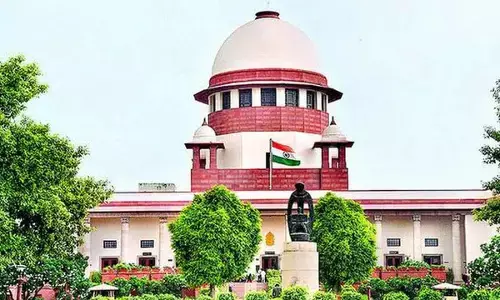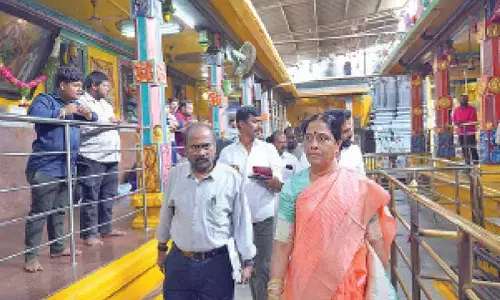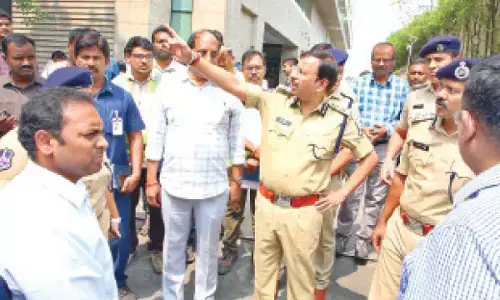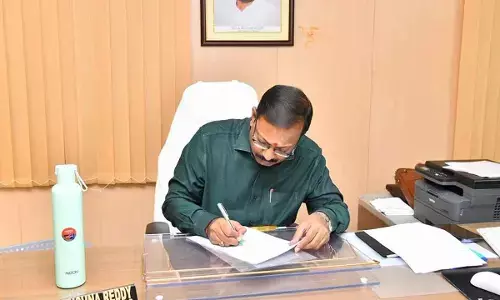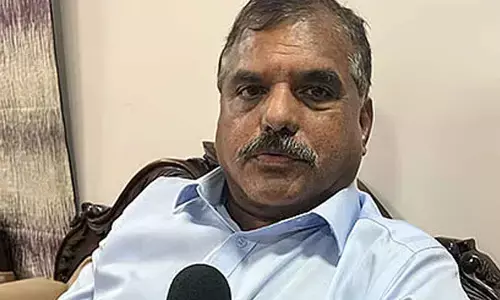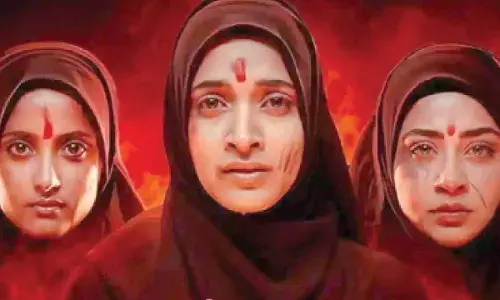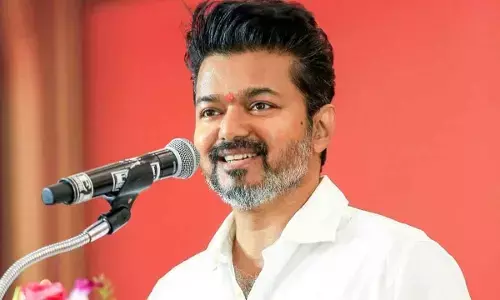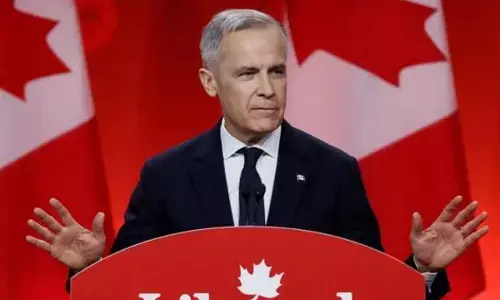Save education from being saffronised
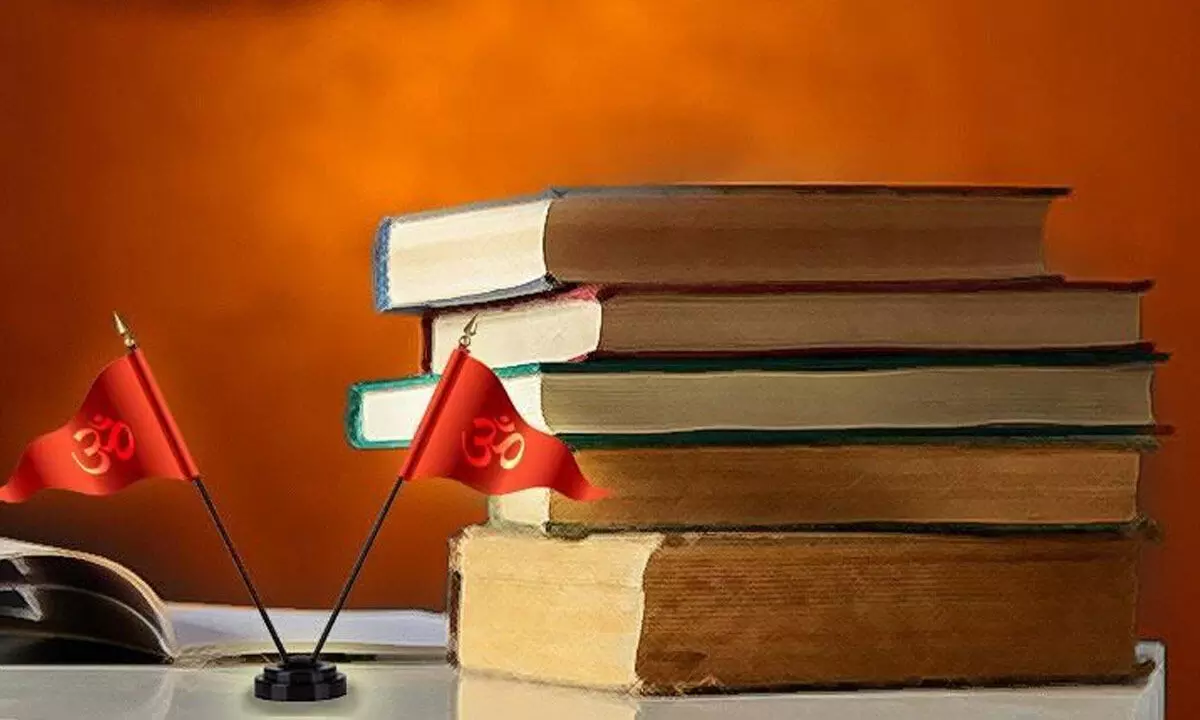
The recent proposal by the NCERT's (National Council of Educational Research and Training) panel on social sciences to include the epics like Ramayan and Mahabharat in the school curriculum is not only regressive and backward-looking in nature but also serves as a testimony of the current ruling dispensation at the centre to saffronise education
The recent proposal by the NCERT's (National Council of Educational Research and Training) panel on social sciences to include the epics like Ramayan and Mahabharat in the school curriculum is not only regressive and backward-looking in nature but also serves as a testimony of the current ruling dispensation at the centre to saffronise education. At a time when diversity is viewed as a curse word and communal harmony is deemed as unnecessary and unacceptable, it is no wonder to expect such moves.
Interestingly, the panel also proposed among many other things that the Preamble of the Indian Constitution should be displayed on the walls of all classrooms. If one goes by this recommendation, it puzzles whether the members of the panel have read the Preamble of the Constitution or at least know what it is about.
Polarisation
To be precise, the recommendations of the panel in specific and the ideology and motives of the ruling party at the centre in general are against the spirit and soul of the Indian Constitution. In the age of liberalism and democracy, orthodoxic education filled with stereotypes, dogmas and superstitions does more harm than good and take the Indian society back to the times wherein irrational beliefs, religious and caste supremacy, oppression in the name of social order and ruthless dominance were the order of the day. The proposal also shows the intent of PM Narendra Modi's government to polarise the people under the banner of culture and heritage. If not, in the worst case, it is intended to exterminate the vibrant and diverse social fabric of the nation. It also appears that the mantra Sabka Saath Sabka Vikas which is being quoted by PM Modi and his aides every now and then is pure humbug and hides the motive of homogenising the India's resplendent diversity under the guise of uniformity.
Exercise caution
While there is nothing wrong in cherishing and spreading the legacy of one's ancient culture and knowledge to others and to make aware the current generation of its pre-ancient and ancient heritage one needs to exercise caution about the motives and goals behind it. Selective glorification of history often leads to misconceptions and may become genocidal if it is based on unaccounted facts and proofs.
If the Centre is fancy about glorifying the India's ancient past, it can extol and give more space and importance in the school curriculum to the authenticated, accounted and recorded information of its ancient history such as Lokayutha-Charvaka, Buddhism and Jainism that infused new energy into the then reeling Indian society and played an instrumental role in its progress. In addition, the Centre can shed light on the contributions of lower castes to the Indian society amidst the dominance of higher castes, inhumane practice like untouchability, inaccessibllity to public services, exploitation and others.
Adolf Hitler Schools
If the Centre wants to go much deeper, it can bank in on the technological advancements the people of India Valley Civilisation (IVC) had accomplished in terms of water management, sanitation, construction and other urban developments when compared to their contemporaries in the other parts of the world. For which, the current and upcoming generations can really feel proud of their ancestors and their achievements. It wonders whether the ultimate motive of the Centre is to convert all the schools into religious and political centres just as in line with Adolf Hitler Schools (AHS) that were established to promote Nazi ideology during the Second World War and to indoctrinate young lads with Nazi principles.
There is no need to hesitate in saying that it was only after the British colonisation of the Indian sub-continent that new ideas were came into the stream of education and knowledge. By and large, the medieval education system in India revolved around superstitions and invalid beliefs based on the religious texts, thanks to the lackadaisical approach of rulers to catch up with the developments in the areas of literature, philosophy, economics, geography mathematics and science in the western world and their vested interests.
Modern education
Though the introduction of the western education by the Britishers was in the interest and for the benefit of the British empire, it should be acknowledged that in way or the other, it helped the then static Indian society to realise its flaws and strive against them. It is also true that the modern education during the British times didn't reach all sections of the society. Stigmas, afraid of backlash from the society, bullying and others prevented the lower castes and women from enrolling in the formal education.
Rather than emphasise on the aspects that are mystic and far from reality, it is better on the part of the Centre to give importance to reformist movements that brought key change in the society. Despite the fact that the most of the irrational beliefs were ingrained and innate, the reformist leaders like Raja Rammohan Roy, Ishwar Chandra Vidyasagar, Jyotirao Phule, Savitribai Phule and others took a great leap forward against all odds in terms of spread of education and social consciousness.
Enlightening students
The Centre can also stress more on the clash of thoughts and ideological tussles among the moderates, extremists and radicals during the independence struggle to make them aware of different approaches towards the political issues and enlighten them of different worldviews.
For any country to flourish and develop, the school education form the bedrock of it. Definitely, a country with liberal, free and scientific education devoid of political affinity progresses more rapidly than the one whose primary education is based on illogical and fallacious curriculum that serves the vested interests of the political parties.
Wake-up call
Adding saffron elements to education not only tarnishes the standards of the India's school education system at the global level but also shelves the scientific temperament of the students. The far-rightist political intervention in academia only adds to the plight of the already rotten education system. At a time when Indian students lagging behind their western counterparts and faring badly in the global assessment tests, the conservative recommendations of the committee on social sciences formed by
the NCERT serve as a wake-up call for the intelligentsia and demands for the collective action against jingoistic moves of the Centre.
(Writer is Director of Samudrala VK IAS Academy and a columnist on international affairs, trade and social issues)


